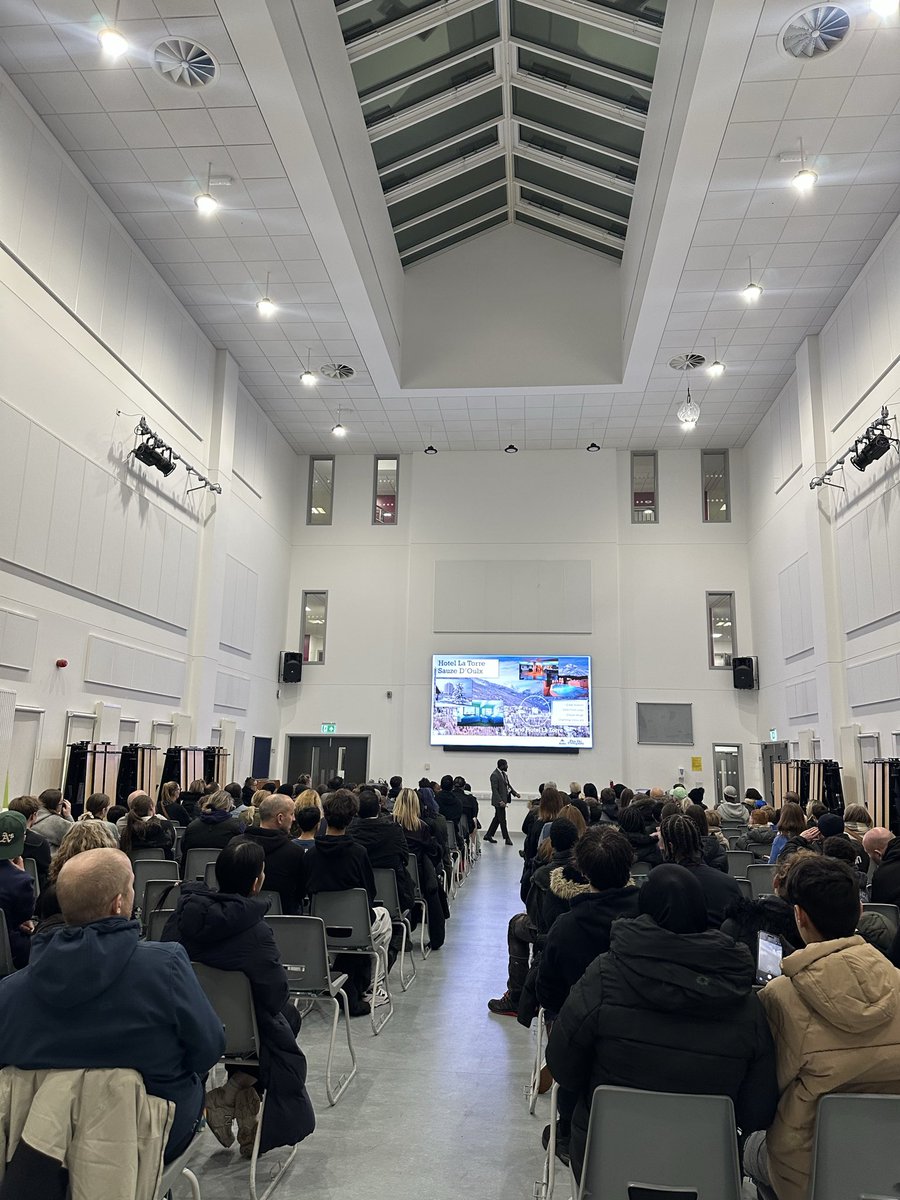Economics
Curriculum Narrative
Economics seeks to analyse and describe the production, distribution, and consumption of wealth. By the end of the A level Economics course, students will have a greater understanding of government policy and strategy and why they make the decisions they do. Furthermore, students will have an array of knowledge built up on global trade, poverty, competition, employment, fiscal/monetary policy. Additionally, students will learn and take a closer look at how our banking system helps the economy and of course supply and demand and how it affects consumers producers and governments. During their course of study, students will be encouraged to develop a critical approach to economic models and methods of enquiry. They will have a good knowledge of developments in the UK economy and government policies over the past fifteen years.
Our intent is that, having learned a rigorous and broad two-year curriculum, our students will be ready to study economics and related courses at university. It takes account of the fact that few of our young people will begin the course with the depth of powerful knowledge which the exam specifications assumes.
Students will be expected to acquire competence in quantitative skills that are relevant to the subject content and be familiar with the various types of statistical and other data which are commonly used by economists. They should be able to make relevant calculations from economic data and be able to interpret data. Students should understand the role of evidence in economic decision making but should appreciate the importance of value judgements.
It is expected that students will acquire a good knowledge of trends and developments in the economy which have taken place over the past fifteen years and also have an awareness of earlier events where this helps to give recent developments a longer-term perspective.
Key Principles of Economics A Level
- Studying Economics will enable students to apply economic theory to support analysis of current economic problems and issues, and encourage students to appreciate the interrelationships between microeconomics and macroeconomics
- Economics A level draws together knowledge and skills from a number of subject domains and enables students to consider contemporary issues using an interdisciplinary approach
- Economics A level will prepare students for the next stage in their education as it cultivates the kinds of knowledge and skills necessary to thrive in the workplace or university such as how to analyse data, think critically about issues and make informed decisions
What we intend students to learn in broad detail
|
Economics |
Year 1 |
Year 2 |
|
AQA A Level Economics |
-This area of the curriculum is primarily about microeconomics. Students will be required to acquire knowledge and understanding of a selection of microeconomic models and to apply these to current problems and issues. Models such as demand and supply, the operation of the price mechanism and causes of market failure are central to this part of the curriculum
-This area of the curriculum is primarily about macroeconomics. Students will be required to acquire knowledge and understanding of AD/AS analysis and should be provided with opportunities to use this analysis to explore recent and current economic behaviour. They should understand, and be able to analyse and evaluate, macroeconomic policy |
-Students will be required to build upon knowledge and understanding of a selection of microeconomic models and to apply these to current problems and issues. New models such as perfect competition, monopoly and wider causes of market failure are central to this part of the specification. Students will need to demonstrate a realistic understanding of the decisions made by firms and how their behaviour can be affected by the structure and characteristics of the industry in which they operate. Other key models relate to the operation of labour markets, wage determination and causes of inequalities in the distribution of income and wealth.
-Students should have a deepening knowledge of developments in the UK economy and government policies over the past fifteen years. They should also be aware of developments in the world economy, including the European Union, and how these have affected the UK. Students should recognise that there are a number of models demonstrating how the macroeconomy works and should appreciate that different economic models provide insights into different aspects of the behaviour of the macroeconomy. |





















